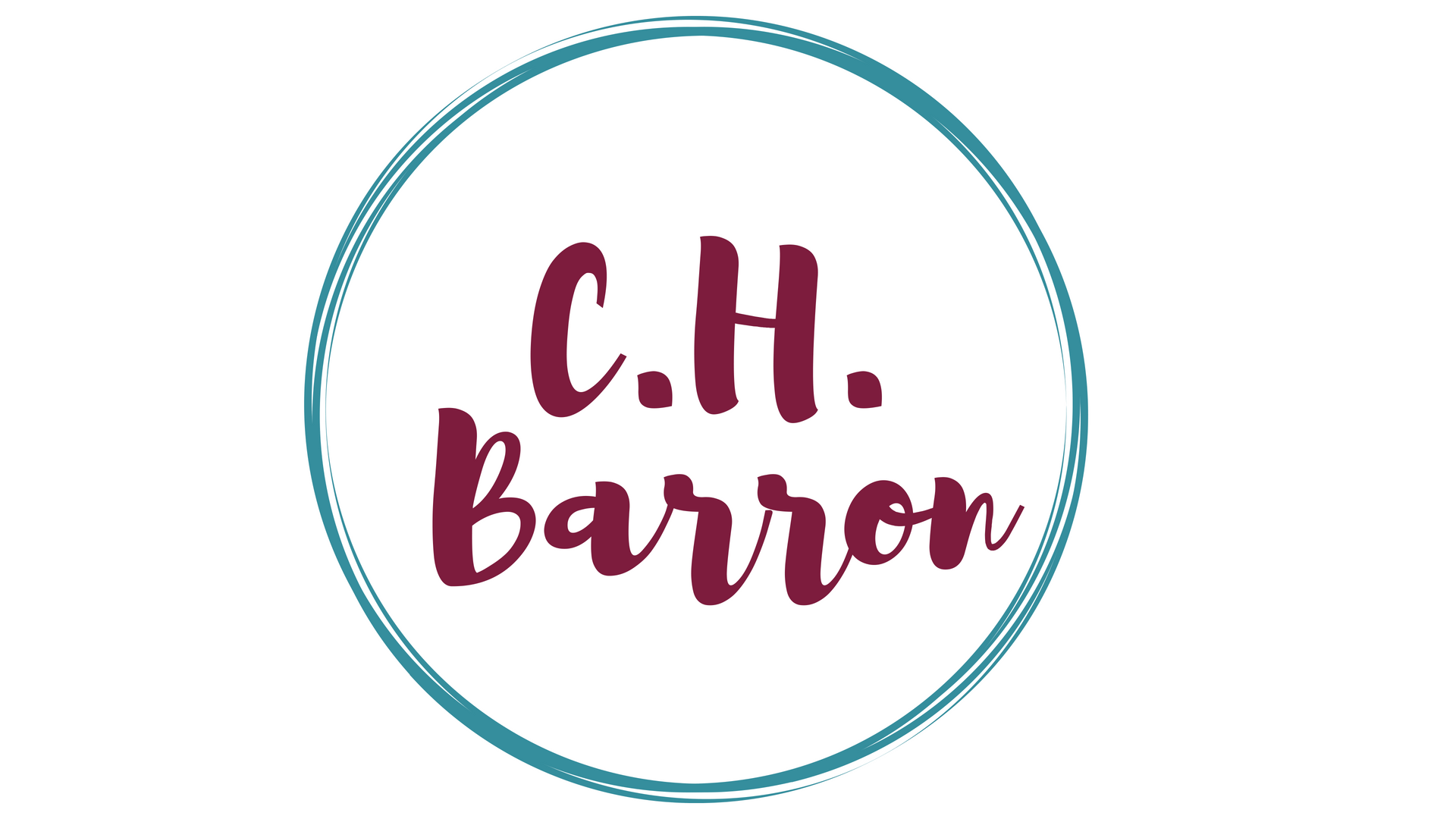Here are a few of the resources that have helped me on my publishing journey so far:
Productivity
Writing Progress Tracker
I use this spreadsheet to see how I’m progressing towards my goals. It includes columns for both writing and non-writing activities like research and brainstorming/daydreaming/deleting things (yes, it all counts towards that finished book!!!). If you prefer to track progress by time or word count or another unit of measure, the spreadsheet can be adapted for this.
Writing Twitter Pitches
I got my amazing agent through doing DVPit, so this topic is near and dear to my heart. One day, I’ll write a full article on this, but here’s what worked for me:
- Create multiple variations: Have more than one pitch variation and have each one tell a different aspect of your story or MC. It can be hard to condense everything that makes your story unique and special into 280 characters so spreading it out this way can be helpful. Example for my story that had two MCs:
- Pitch 1 [the pitch that got me my agent!] – In a Filipino kingdom ruled by monsters, Aga hunts for the soul-eating royals, while her twin Mayari is a maid with illegal tattoo magic. Freedom is theirs–if they use their talents to save their people, but turn their backs on each other
- Pitch 2 – Aga hunts criminals for soul-eating royals to protect her sister Mayari. When the souls are destroyed, Aga must find a thief with the power to free her people from being the next meal–or give him to the demon princess stalking her sister
- Pitch 3 – Mayari serves soul-eating royals as part of the bargain her sister made. When servants are found murdered, she must use her illegal tattoo magic & growing relationship with a demon princess to escape before she becomes the next victim
- Stay on the main conflict/s: Keep your pitches focused on what your MC’s goal is and what’s at stake if they don’t get it. Bonus: your stakes are usually what make your story seem unique and when 1000s of pitches are going out an hour, uniqueness is important to stand out.
- Include comps: Comps aren’t just about showing you know your market–they’re attention grabbers. When an agent or editor scrolls through pitches, you need to hook them fast and a good, recent comp can help. In pitch contests, using a movie or TV show as a comp is acceptable, but make sure your query letter includes at least one book.
- Lists: I didn’t do a list, but they’re a popular way to show your stakes and voice in an eye-catching format. Again, when someone is scrolling fast, having a visually different pitch can get them to stop and read. Here’s a great example:
Money Matters
Now more than ever, it’s important that we marginalized authors fight for our worth. Here are some resources for getting educated on traditional publishing income:
#PublishingPaidMe spreadsheet – bookmark this one as it’s a comprehensive, ever-growing list of what writers from all backgrounds received as advances for their books. The spreadsheet is maintained by illustrator Grace Fong and content strategist Bruna Miranda and the #PublishingPaidMe conversation was started by author L.L. McKinney.
Primer on advances, royalties, earning out & pre-empts – author Susan Dennard shared this in her popular newsletter. It features helpful comments from Joanna Volpe, President and agent at New Leaf Literary.
Primer on sub-rights and fair splits – another one from Susan Dennard
The Profit & Loss Statement – editor and author Jane Friedman shares how publishers use a P&L to determine what to publish and what’s typically included in each one.
Twitter thread on how much publishers really make when you “don’t” earn out – shoutout to Sam Morgan, agent at Lotts Agency, for creating the thread.
Post-Querying
5 Qs Authors Don’t Ask but Should When an Agent Offers Rep – a must-read article by Kristin Nelson, founder of the Nelson Literary Agency. These were questions I hadn’t seen other articles cover in my research.
Agent adjacent – when you’re in that grey zone of getting an offer of rep from an agent (congrats!), author Sam Ellis makes sure you have an email template you can use for every possible situation that happens afterward.
Podcasts
Writing Excuses
This podcast is my favorite for bite-sized learning. Most episodes are no longer than 15-minutes and cover a wide array of craft and business of publishing topics. Its hosted by authors Mary Robinette Kowal, Dan Wells, Howard Tayler, and Brandon Sanderson, and they’re often joined by other authors and agents to provide more expertise and perspectives.
Deadline City
Hosted by authors Dhonielle Clayton and Zoraida Cordova. I highly recommend also giving their The Bank episode a listen for more #PublishingPaidMe type of information.
88 Cups of Tea
Yin Chang’s podcast (which also has a strong online platform) is a wonderful well to return to whenever you need inspiration and motivation. She talks to authors and agents all about why they write and what keeps them going.
Manuscript Academy
I highly recommend this one for any querying authors! The Manuscript Academy’s popular podcast regularly talks to agents and editors about what’s on their wishlists and what makes a story stand out to them. They also do live critiques of queries, which can provide good insight on query writing and the query process.

